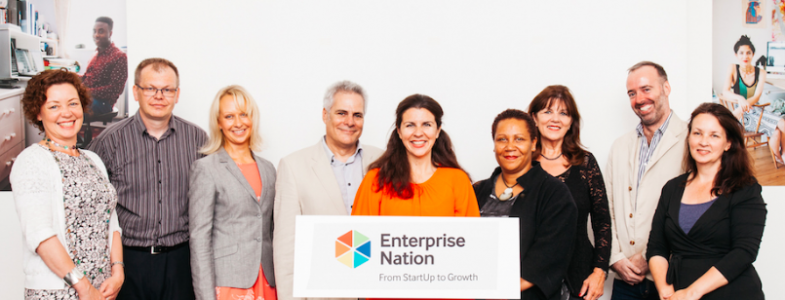When I was 11 years old, my parents sat me down and said: “Alick, we’d like to talk to you about the P&L of your life”. I responded by asking what a “P” and an “L” were. They explained how much money was being brought into the household, how much was being spent on me, and they said they wanted to give me as much responsibility as possible for the money I needed to survive.
Whereas the average teenager gets pocket money of £5.36 a week, I was given £250 a month from the age of 11. With that, I had to buy my own clothes, pay for my own travel; I even bought a new tennis racket. At one point my parents suggested I pay my own school fees! But apparently my bank account had limits which prevented that from happening.
When I arrived at university, I was handed a £3,000 loan – the second largest loan we are given in our lives. Because I had been managing my own money for seven years the first thing I did was get out a piece of paper and write out a budget. It wasn’t until then that I realised no one else had been taught to manage money. Similarly, when I went to work at McKinsey, my colleagues – people who were incredibly intelligent and earning a good salary – had the same problem. I even had analysts offer to buy my Excel spreadsheets, because they’d never set a budget before.
We are living in a world where over 75 per cent of 18-30 year olds say they have made at least one major financial mistake in their lives by the time they reach 30. This is a big problem, worsened by the fact that we have financial systems which benefit from those mistakes.
I realised that the way to help people manage money was to start young, because it’s in childhood that our habits and confidence around money are built. So I started working on the business in 2012 and launched 18 months ago. Our belief then, as it is now, is that the best way to empower young people to manage money is through learning by doing. So we decided to look at a children’s bank accounts and try to rebuild them in a way that is both educational and empowering.
The first bank account we get is often the start of a lifelong banking relationship. It’s probably the longest standing relationship that humans have with an organisation during their lives: I set up an HSBC account when I was 12, and 20 years later I still bank with them. That’s not a reflection on HSBC’s performance, it’s because there’s nothing better out there.
Setting up a first bank account is an opportunity to empower and delight children, but as with a lot of things with banks today, they were missing out on an opportunity. So we built the children’s bank account with our own orange debit card, which parents order online and attach to their own bank accounts. There’s an app for parents and an app for children.
It’s the start of a bigger journey we’re on to transform financial services from the ground up, from a very young age to university and beyond.
Since our June 2014 launch, we’ve grown at around 20-25 per cent every month. We are shipping hundreds of debit cards every day and are set to become one of the largest banks in the UK for children – without actually being a bank. Over 60 per cent of children who use Osper log in every day, which is exciting as it shows how engaged they are with the service.
Interestingly, unlike high street banks which offer a free account, Osper is a service which is paid for. It’s fascinating to see parents sign up to something that costs £1 a month when they could get it for free, but I think they see value in what we’re doing.
In our early stages, we were approached by a couple of social impact funds, which were excited about what we were doing. And we are excited about having a social impact. But our belief at Osper is that the way to achieve a social impact is to start with the individual. If you can get a service that children and adults love and use, and which builds good habits, then that will amplify itself to a social level. At Osper, we think about having social impact by having an effect at the individual level which then scales to the masses, rather than having social impact which is entirely separate to the individual.
People often ask what came first: the bottom line or changing the world. Our starting point was how we empower children around the world to manage money responsibly. With a mission like that, you undoubtedly have social impact. But we then started to identify the business and revenue channels which support that mission. We have the largest breakdown of the spending habits of children, by age, gender and postcode, in the UK. We could collaborate with retailers tomorrow, but that doesn’t fit into why we set up the company. When you’re building a business with a social impact and specific mission in mind, the mission has to come before profit if you’re to get where you want to be in the long term.
Alick Varma was keynote speaker at a Leap 100 Power Breakfast on 1st December 2015.

























